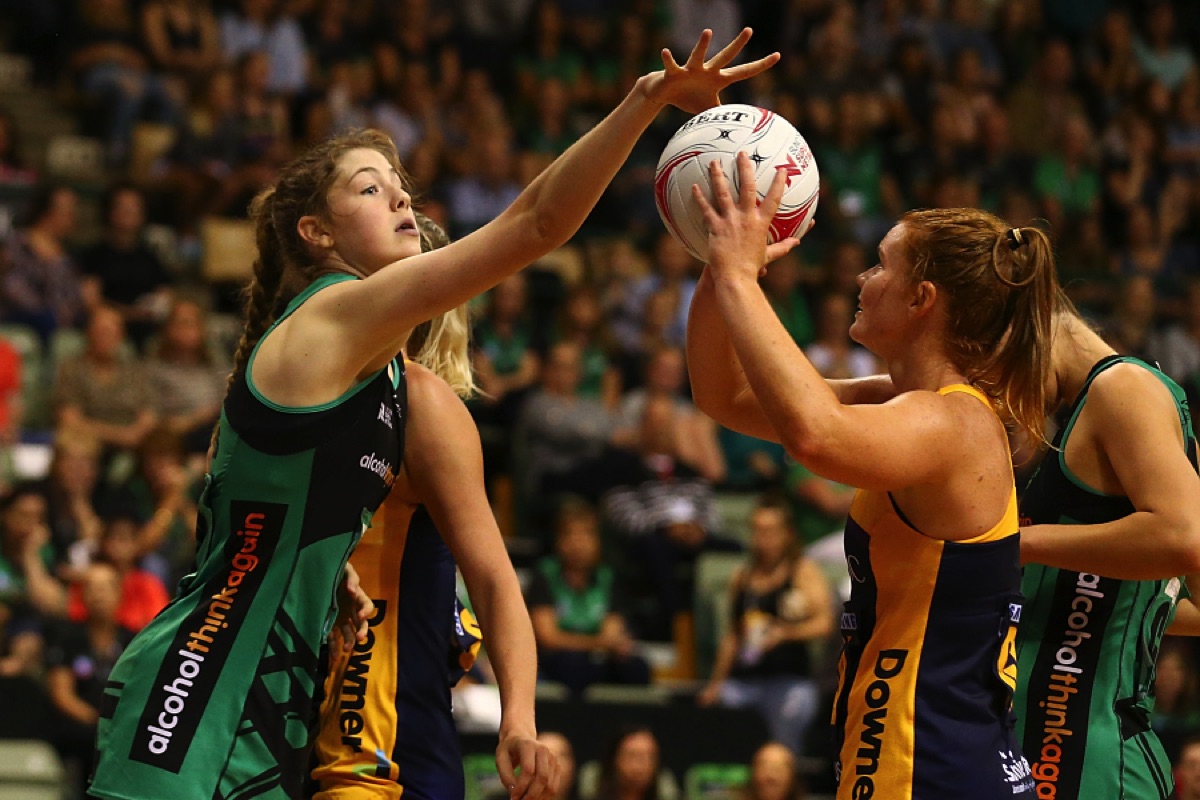As an elite athlete it can often be difficult to balance school or study commitments with training and travel demands.
Struggling with this balance can impact your success at both training and school or university whilst it can also cause stress or leave you feeling unmotivated. Here are eight tips which will hopefully help you when it comes to balancing your training and study.
1. Be Organised and Speak Up
At the beginning of the semester or school term it is important to go through and mark down all of your upcoming assessments. This will give you a view of how they match up with your training and travel commitments and whether there are things which coincide. If you do identify any potential issues be sure to speak to your teachers and unit/year coordinators to let them know. As the assessment of concern draws closer you can then make a decision on whether you will need extra time, hence applying for an assessment extension, or whether you’ll submit your assessment early. If you’re at university, many Australian universities have elite athlete personnel who are employed to assist you in areas like this. It’s a good idea to sit down with them at the beginning of the semester with your training and assessment schedule so that they are aware and can help you further down the track.
Whilst it’s important to speak to the relevant people at your school or university, it is also good policy to speak to your coach and make them aware of when your assessments are due. By doing this they know when your study loads will increase and can therefore help you when it comes to balancing training.
2. Maximise your Study Time
As an elite athlete it can often be difficult to find extended periods of time to sit down and work on assignments, especially when you have other classes and perhaps work to think about. Therefore, you need to find a way in which to maximize the time you do have for study. This can often take a bit of trial and error, however when you find a plan that works best for you, achieving a training-study balance will be that much easier.
A couple of ideas to point you in the right direction:
- Find out where you work best. Maybe that’s in your local library or a particular area of your house?
- Workout what is most effective for you when it comes to completing an assignment. Is it sitting down and completing it in one or two big blocks of time or completing it gradually over a couple of weeks?
3. Keep your Peers Informed
Keeping your peers informed becomes a crucial area when you are completing group assignments. If you have training or travel commitments which may be potential issues to your attendance at group meetings or meeting deadlines, make sure you convey this to your group members; explain your situation and what you’ll do to minimise any potential problems.
4. Know your Limits
As an athlete you are expected to turn up to every training session with enough energy to complete it to a high standard from start to finish. With this in mind, it’s important that you are able to listen to your body and identify when you have bitten off more than you can chew. If you find yourself tired before training even starts, or in a position where you are highly stressed, you may have taken on too much, whether that be too many shifts at work or too many subjects at university. Rest is one of the most important forms of recovery for an athlete in order to ensure maximum performance, so if you find you have no time to relax, you may need to reconsider what you have taken on.
5. Speak Up when you’re Stressed
There’s nothing worse than when you feel so stressed you have no idea what to do! This often results in doing nothing at all! If you find yourself in this position or if you think you might be spiralling into the deep depths of stress city, make sure you speak to someone. By speaking to someone it will allow you to express what is concerning you which will in itself immediately make you feel better. On top of this, depending on who you talk to, they may be able to help you create a plan moving forward or simply put things into perspective, helping you realise that a hurdle may not be as big as you think it is?
6. Do not Compromise on Sleep and Nutrition
Sleep and nutrition are two vital aspects of your recovery as an athlete. Because of this it is important that you don’t compromise on either when attempting to balance training and study. To ensure you’re getting enough sleep you could consider building a study plan. This will help you get your study done whilst still ensuring you are getting to bed at the right time in order to be at your peak for training the next day. When it comes to nutrition, it is important that you are organised. This could be preparing your lunch and snacks to take to school or university the next day so that you’re not left having to purchase something from the school canteen or a café at uni, which most likely, will not meet your nutritional needs adequately. Your WAIS nutritionists are a wealth of knowledge and have lots of information and assistance for you when it comes to this aspect of your nutrition.
7. Use the WAIS Personal Excellence Staff
Just like the elite athlete personnel at universities who can help you when it comes to issues which arise around university and training, the WAIS personal excellence staff provide similar services to all WAIS athletes. If you have any queries or issues around balancing your training or study make sure you find time to meet with your WAIS Personal Excellence advisor.
8. Have a Plan
Once you’ve finished studying it is important to have something outside of your sport to go to, as an outlet, whether that be work or a hobby, etc. When working out what you want to do alongside your sport it’s important to sit down and identify what it is that you want to focus on as this will determine where you should or want to invest the majority of your time.
- Annika Lee-Jones


